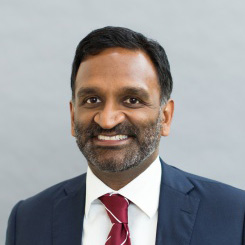Jordan Ballor’s recent post on “Christian Reason and the Spirit of Capitalism” hit onto something big.
In today’s New York Times, op-ed columnist David Brooks weighs in with a piece entitled “The Holy Capitalists”. (Once again, the Times has blocked access to non-subscribers. If you aren’t a subscriber, buy today’s Times just to read this column – it’s worth it.)
Brooks calls the debate over the foundations of success the most important in the social sciences today and praises Rodney Stark’s book “The Victory of Reason” for its unconventional take on Western progress.
“Religion didn’t stifle economic and scientific ideas – it nurtured them. […] Catholic theology had taught [European scientists and economists] that God had created the universe according to universal laws that reason could discover.”
He concludes, “Ideas and culture drive civilizations. The Catholic Church nutured one of the most impressive economic takeoffs in human history. Today, as Catholicism spreads in Africa and China, it’s important to understand the beliefs that encourage people to work hard and grow rich.”
Some of these themes can be found in Pope Benedict XVI’s recent World Day of Peace Message (albeit in less provocative language). And they are also of great interest to the Pontifical Academy for Social Sciences, headed by Prof. Mary Ann Glendon.
Maybe this discussion will be joined on the letters page of the “newpaper of record”. And maybe the Times will even allow non-subscribers to take part.

